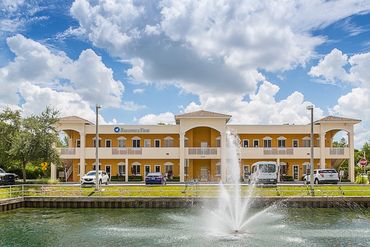Addiction Recovery Tips
A highly effective ways to overcome addiction is to stay clear of all kinds of triggers, specifically those who can cause you to feel uncomfortable. Although cutting off your relationships with loved ones and friends can be difficult, keeping your environment as clean as you can is vital. These are helpful suggestions to stay clear of these people or situations. The ability to accept discomfort is essential to recovering from addiction. Being able to avoid relapses will enable you to keep an appropriate balance between the two.
The restriction of access to cash is an essential option for those who are suffering from addiction. It is suggested to leave all your money to an individual you trust, such as one of your family members or an advisor, or even a close friend. They can help you learn the art of managing your finances and keep track of your financial situation during paydays. Another effective way to stay away from the temptation is to list your assets and debts. Make it a priority to settle these.
Beware of the temptation to engage in drug abuse requires careful planning of spending. It is important to know that you won't repeat the same behavior and if you do, take a step back and be truthful with yourself. Be sorry for your mistakes and vow to do things better in the coming years. Get support from family members and friends, particularly in the case of children who is recovering. Relapse can be inevitable but your sobriety won't be damaged by avoiding the temptations.


